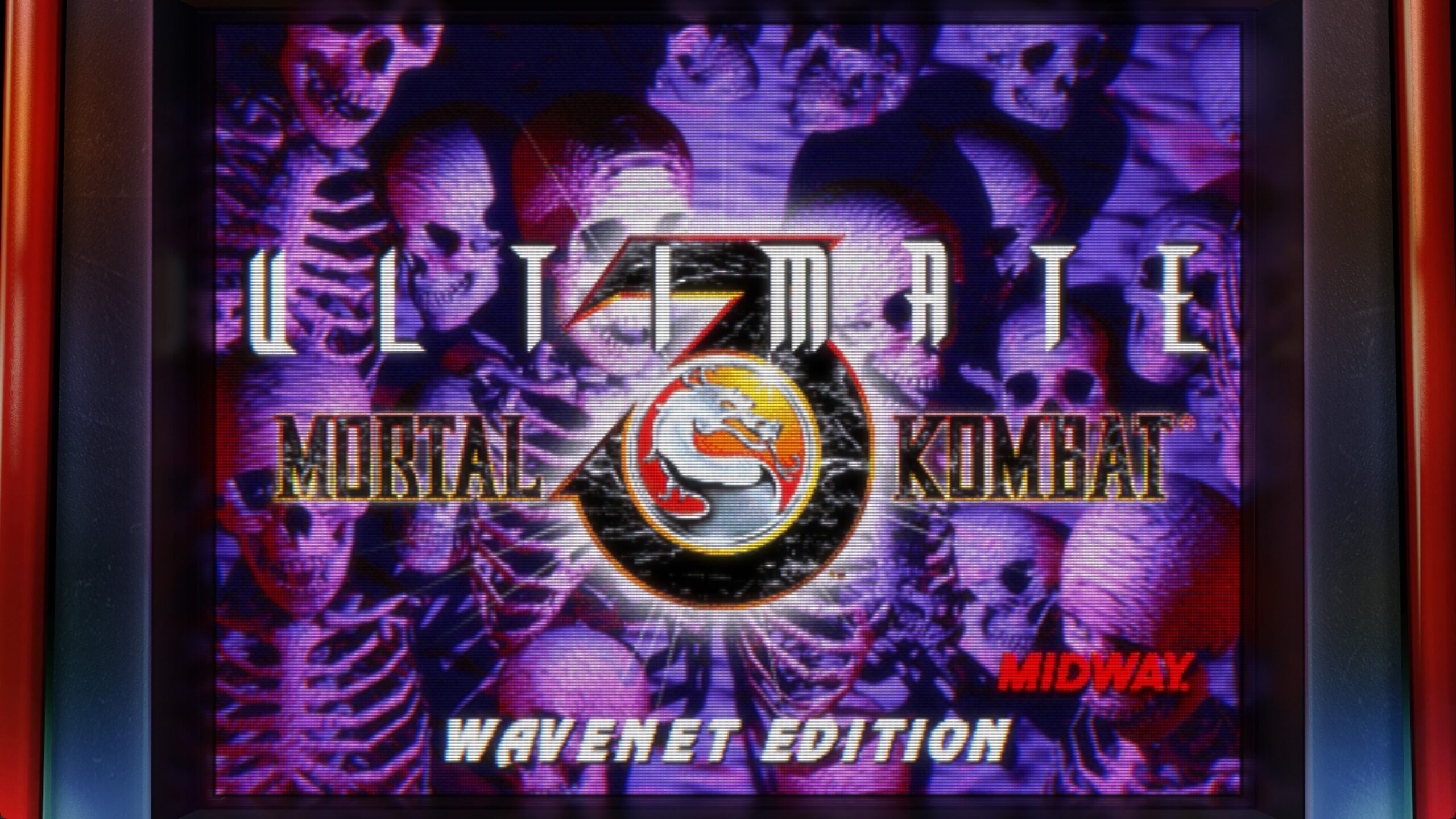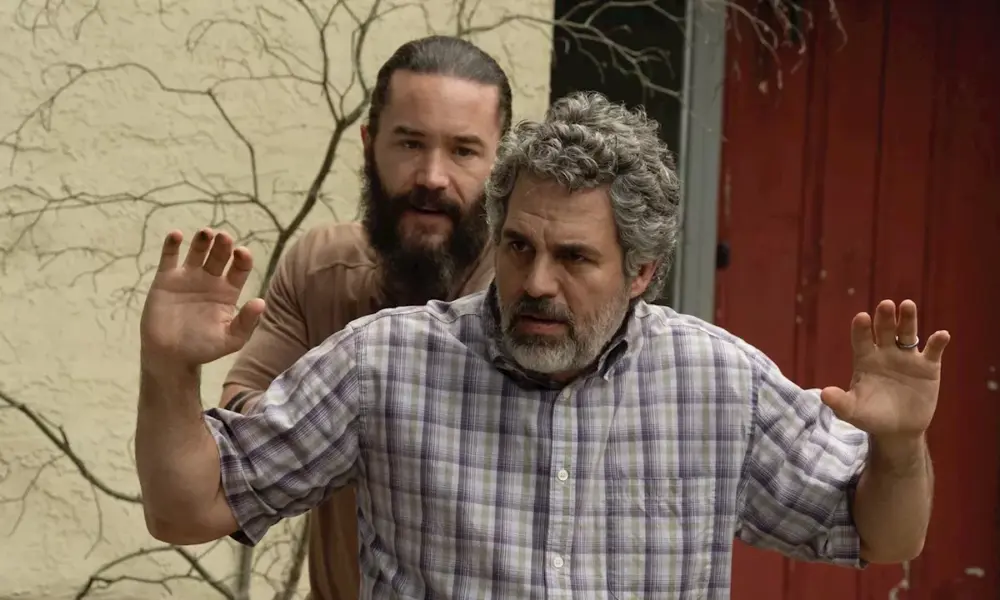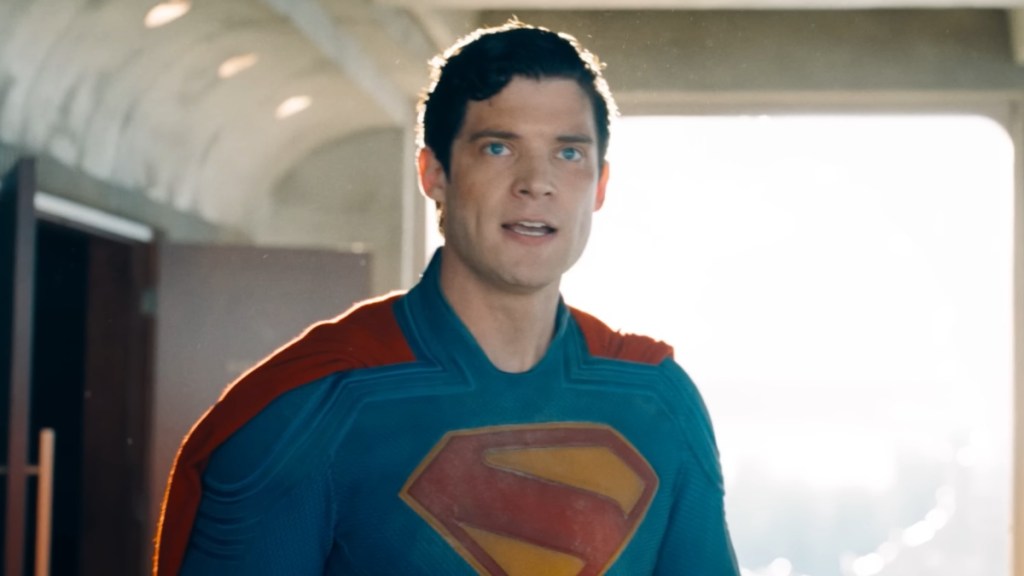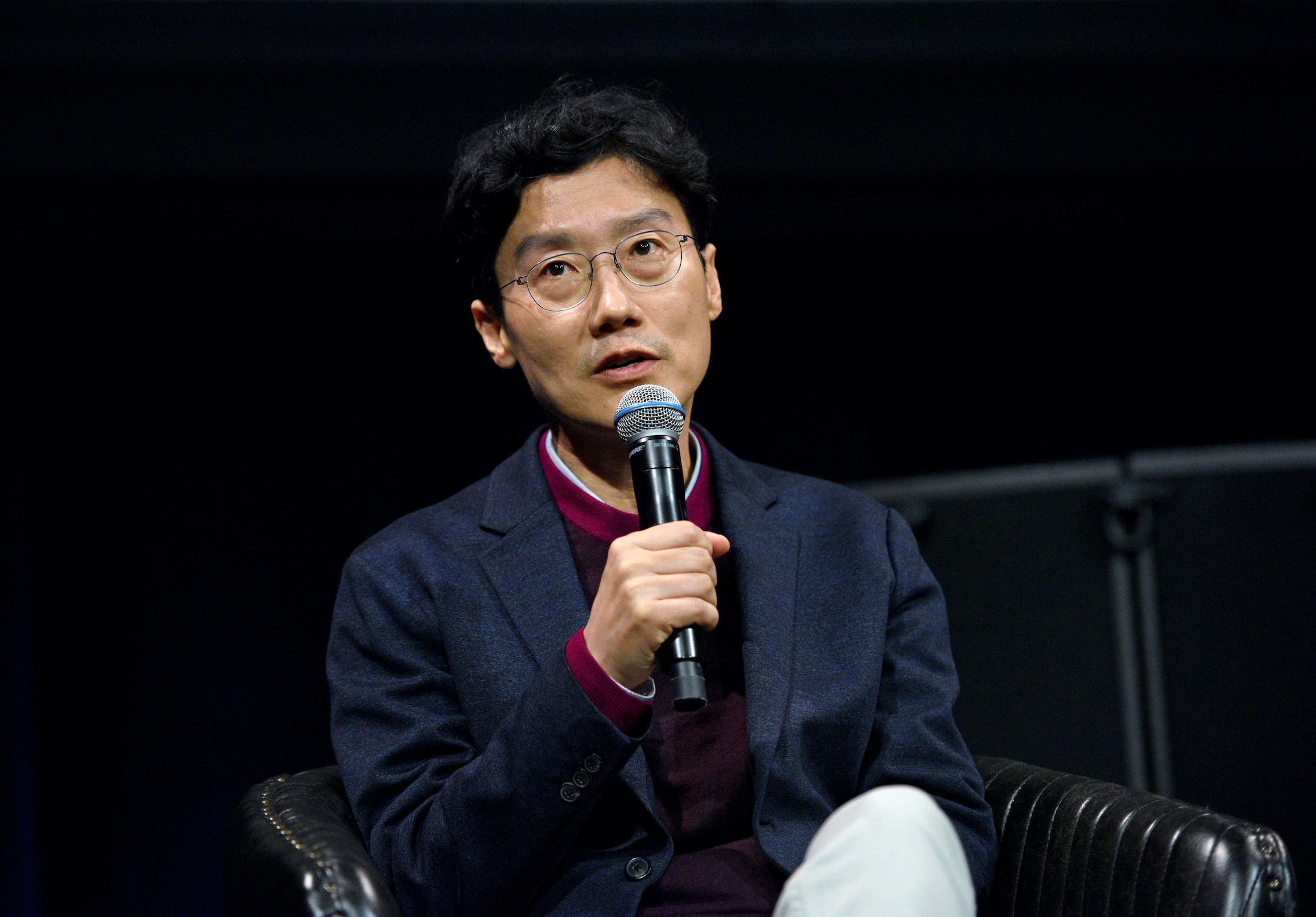The recently launched Mortal Kombat: Legacy Kollection has successfully resurrected the elusive WaveNet Edition of Ultimate Mortal Kombat 3, a version of the iconic game that had remained lost for decades. This collection, developed by Digital Eclipse, allows ardent fans of the franchise to experience a significant piece of gaming history that was never officially released.
Originally, Mortal Kombat games underwent multiple updates during the late 20th century, particularly in the arcade era of the 1980s and 1990s. The original release of Mortal Kombat had at least six variations, reflecting the developers’ efforts to refine game performance and fix bugs. The Ultimate Mortal Kombat 3 upgrade, for instance, was launched just six months after the initial Mortal Kombat 3 release in 1995. These updates were provided on physical ROM chips that arcade operators had to install themselves.
The WaveNet Edition was envisioned to incorporate online competitive multiplayer features alongside additional playable fighters like Noob Saibot and Human Smoke. Despite being tested in arcades in Chicago and San Francisco, the edition was never commercially viable due to the high costs associated with the required network infrastructure, particularly the expensive T1 lines.
Unlike other editions, the ROMs for the WaveNet Edition were not available to the public. This changed with the release of the Mortal Kombat: Legacy Kollection. Stephen Frost, head of production at Digital Eclipse, expressed surprise at the eventual recovery of this lost game, stating, “We didn’t think that WaveNet was going to be even remotely possible.” The preservation of old games has historically been poor, making this achievement noteworthy.
The effort to locate the WaveNet Edition began when Stephanie Brownback, a quality assurance lead at NetherRealm Studios, encouraged the Digital Eclipse team to pursue the project. Their search led them to Mike Boon, brother of Mortal Kombat co-creator Ed Boon. Boon, an engineer at NetherRealm, had access to the original hardware and was able to provide a ROM dump from his personal collection.
Daniel Filner, a programmer specializing in emulation, analyzed the ROMs to bring them to life within the Moo Emulator. “What I got was a dump of about 25 or 26 ROM files,” Filner explained, detailing the complexity of arcade PC boards. He discovered that while the audio and video files matched those of existing versions, the main program contained critical updates that required adjustments.
One major concern was how the game would function without the original WaveNet servers. Filner reported that the game has a fallback mechanism: if it cannot connect to the servers, it will still boot up normally, similar to the standard version of Ultimate Mortal Kombat 3. The WaveNet Edition’s unique boot sequence is a testament to its original design, highlighting the game’s connection to its past.
Despite its historic significance, the WaveNet Edition is not entirely polished. Filner noted that the game retains bugs since it was never officially released, and the absence of source code makes it difficult to differentiate between bugs and intended balance changes. “Playing it, we notice differences,” Frost remarked, expressing excitement about the community’s potential to uncover these nuances.
With the release of the Mortal Kombat: Legacy Kollection, fans now have the opportunity to explore the WaveNet Edition, marking a significant moment in gaming preservation. As players engage with this hidden gem, the community may uncover further details about its development and the unique elements that set it apart from previous iterations.







